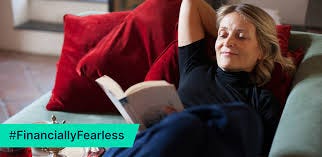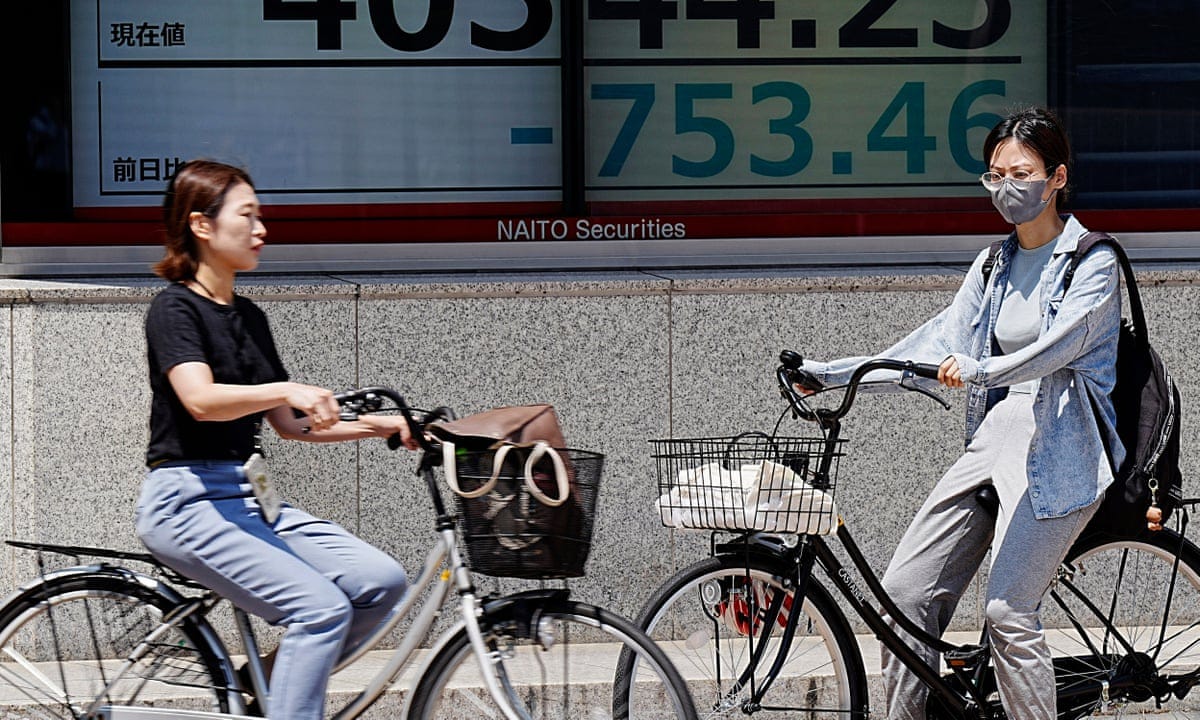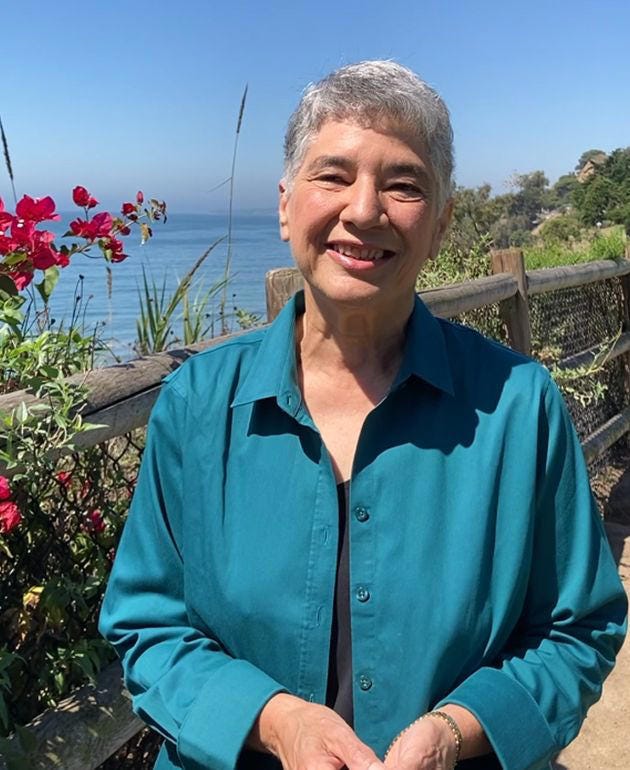Navigating Financial Challenges, Reproductive Rights, and Societal Shifts
Singles99 this week's newsletter covers financial challenges, single people rights and societal shifts for single people
In a world predominantly focused on couples and family-building, Singles99 emerges as a pioneering community dedicated to the often-overlooked 2.1 billion single individuals globally. We recognize that singlehood is not merely a transitional phase but a significant lifestyle choice or circumstance for a substantial portion of the world's population.
Singles99 acknowledges the diverse reasons behind singlehood, from highly educated individuals who delayed coupling to pursue career goals, to those actively seeking partnerships but facing challenges, and the growing number of "conscious singles" who deliberately choose this lifestyle.
Regardless of the path that led to singlehood, we believe that this vast demographic deserves recognition, support, and tailored services that cater to their unique needs and aspirations. Our community stands firm in the conviction that being single should not result in social, economic, or emotional penalties. Instead, we strive to create a vibrant ecosystem where single individuals can thrive, connect, and access resources designed specifically for their lifestyle.
Singles99 is committed to advocating for policies, products, and social norms that respect and enhance the single life experience. By placing the interests of single people at the heart of our community-building efforts, Singles99 aims to reshape societal perspectives on singlehood. We celebrate the independence, diversity, and potential of single individuals, fostering a supportive environment where members can share experiences, find companionship, and access opportunities tailored to their unique circumstances.
Let's explore some intriguing and relevant news for single individuals.
Single finance: The UK firm Hargreaves Lansdown’s research shows Single people have it difficult than couples:
1. Single households have seen minimal improvement, with only £40 left monthly compared to £385 for couples.
2. Couples' savings rates have increased more significantly (from 52% to 73%) compared to singles (37% to 47%).
3. The share of households with sufficient emergency savings (covering at least three months of expenses) has risen from 47% to 65%.
4. Single-parent households are struggling the most, with only £50 left monthly and only 26% having adequate emergency savings.
5. Lower-income earners, renters, and those remortgaging at higher rates are facing financial difficulties.
6. Overall financial resilience has improved, with the average household scoring 61 out of 100, up 4 points from 2019.
7. The improvement in resilience is largely due to increased savings, with the average household now having £235 left at the end of the month, compared to £110 pre-pandemic.
8. However, retirement preparedness has worsened, with the gap between needed and actual pensions growing.
9. Higher earners have benefited more from the recovery, with middle-income groups seeing a 20-point increase in savings scores, while the lowest earners saw only a 1.3-point increase.
The research underscores the disparities in financial recovery across different demographic groups, with single households and lower-income earners facing continued challenges despite overall improvements in household finances.
Single pregnancy: BBC reports, Work is under way to explore whether single women could receive IVF for free on the NHS
Work is underway to explore whether single women could receive IVF for free on the NHS, as currently only couples meeting specific criteria are eligible. There is notable demand from single individuals, such as Daniela Scott, who spent £43,000 on private fertility treatments after three unsuccessful IVF rounds. Daniela, unable to conceive naturally, eventually found success through treatment in Spain.Each year, around 7,000 couples in Scotland are referred for NHS IVF, with strict eligibility criteria including a stable relationship and certain health requirements. While over 2,800 single people underwent IVF in the UK in 2021, the Scottish government is now assessing the feasibility of extending IVF access to single women.Richard Anderson, a professor of clinical reproductive science, supports this potential change, highlighting that many single women are making informed decisions about motherhood. Daniela emphasizes the financial challenges faced by single women seeking IVF, advocating for recognition of their needs. She expresses profound love for her son, Leone, born in March, stating that she would pursue IVF again if financially feasible. The discussion around expanding IVF access reflects broader societal changes regarding family structures and reproductive rights.
Japan’s single people problem: Japan Consults Youth on Marriage Amid Demographic Crisis
Survey reveals 43.3% of men and 48.1% of women (25-34) lack opportunities to meet partners.
Japan's government initiates dialogue with young people about marriage interests. Government acknowledges changing perceptions of marriage among youth. Minister Ayuko Kato emphasizes respect for diverse values in marriage and child-rearing.
Many young people not actively seeking partners through events or introductions. Decline in marriages linked to Japan's low birthrate and aging population. 2023 saw marriages drop below 500,000, lowest since the 1930s. Births declined 5.1% to 758,631, reaching predicted 2035 levels early. Young Japanese hesitant to marry due to high living costs and work culture challenges. Concerns about job security and women's career prospects after childbirth. Local governments implementing measures from daycare to matchmaking services. Tokyo plans to launch a dating app in summer to address the issue.
Japan faces unique challenges in addressing demographic crisis through marriage promotion. Government's approach evolves to include direct input from affected demographic.
A life-time experience of being single: A 70-Year-Old's Perspective on Living Alone: Debunking Myths About Single Life
Carol Gee, a 70-year-old woman who has lived alone for her entire adult life, shares her insights on the misconceptions surrounding single people. Despite societal expectations, Gee emphasizes that being single doesn't equate to loneliness or an unfulfilled life. She highlights the freedom and independence that come with living alone, allowing her to pursue her passions and maintain a vibrant social life. Gee dispels the myth that single people are selfish, pointing out her active involvement in volunteer work and community service. She addresses the stereotype of single women being "cat ladies," noting that pet ownership is a choice, not a default for the unmarried. Gee also tackles the assumption that single people are constantly seeking romantic partners, stating that many are content with their status. She emphasizes the importance of self-sufficiency and the ability to enjoy one's own company. Gee acknowledges the challenges of aging alone but stresses the importance of building a support network of friends and family. She encourages others to embrace the single life if it suits them, highlighting the personal growth and self-discovery that can come from living independently. Ultimately, Gee's perspective challenges societal norms and advocates for recognizing the value and fulfillment found in diverse lifestyles, including the choice to live alone.
Dating App Burnout: Singles Are Breaking Up with Dating Apps Amid Burnout
Single individuals in the U.S. are increasingly dissatisfied with dating apps, leading to a notable decline in downloads compared to the previous year. This trend is attributed to "dating app burnout," a term coined by dating expert Damona Hoffman, which reflects the exhaustion and frustration stemming from endless swiping and a lack of meaningful connections.
Hoffman describes a phenomenon called "zombie dating," where users scroll aimlessly for validation instead of genuine relationships, often juggling multiple conversations that lead to disappointment. To address this issue, Hoffman advocates for "dating hygiene," which involves managing time effectively, discarding unproductive connections, and focusing on interactions that yield satisfaction. She emphasizes the importance of transitioning quickly from digital conversations to in-person meetings to avoid false intimacy created by prolonged texting.Hoffman encourages a mindful and strategic approach to dating, asserting that intentional efforts can lead to meaningful relationships. For those seeking alternatives to apps, she suggests engaging in offline activities like social events, speed dating, or working with matchmakers to foster authentic connections. Despite the challenges facing dating platforms, the CEO of Match Group remains optimistic about the industry's resilience and anticipates a stabilization in user numbers.
Other people wedding is expensive for single people: Attending a wedding is expensive for single people compared to couples who share costs.
Single individuals face significant financial challenges when attending weddings, often incurring higher costs than their coupled counterparts. The lifetime expenses associated with being a wedding guest can add up, including gifts, travel, attire, and accommodations, leading to thousands of dollars spent over the years. This financial strain can be particularly burdensome for those who may feel societal pressure to attend multiple weddings, especially when they are not in a relationship themselves.
While weddings are joyous occasions, the costs can lead to feelings of frustration and exclusion among single guests. Many singles report feeling left out as they navigate the emotional and financial implications of attending events that celebrate couples. The article advocates for greater awareness of these challenges and encourages couples to consider the financial realities faced by their single friends when planning their celebrations.Ultimately, the piece calls for a more inclusive approach to wedding celebrations, recognizing the diverse circumstances of all attendees and promoting understanding of the unique pressures single individuals face in social settings centered around marriage.
Dating tips: How Many Dates Should Singles Go On to Find a Relationship?
A recent report from eharmony reveals that 48% of singles aged 35 and younger are seeking serious relationships, but many may not be prepared to invest the necessary time and effort. Approximately 30% of respondents believe that going on two dates per week is sufficient for finding a long-lasting partner. However, psychologist Lisa Marie Bobby suggests that this may not be enough, emphasizing that successful dating often requires substantial energy and effort. She notes that meeting more individuals increases the chances of finding the right match, stating, "It's a numbers game."
Bobby encourages daters to learn about potential partners before meeting in person to avoid disappointment. She acknowledges that dating can be time-consuming and costly, leading to feelings of discouragement and burnout. To mitigate this, she recommends creating an honest and detailed dating profile to filter out unsuitable matches and suggests initiating phone or video calls before in-person meetings.
Rachel DeAlto, chief dating expert at Match, highlights the importance of shared values in successful relationships, such as finances, family, and lifestyle. While chemistry is beneficial, aligning on deeper issues is crucial for long-term compatibility. Discovering a person's values early in the dating process can help determine the feasibility of a lasting relationship.
Single Refugees problem: Limited Housing Options for Single Refugees in the Netherlands
In the Netherlands, single refugees are facing significant challenges in finding adequate housing, with many struggling to secure homes due to a shortage of available accommodations. The situation has been exacerbated by a lack of tailored support services that address the unique needs of single individuals, who often find themselves competing for limited resources against families and couples.As a result, many single refugees are left in precarious living situations, relying on temporary shelters or living with friends and family. The demand for housing has outpaced supply, leading to long waiting lists and increased frustration among those seeking stable living arrangements.Organizations and advocates are calling for more focused efforts to create housing solutions specifically for single refugees, emphasizing the importance of providing them with the same opportunities for stability and integration as families. The current housing crisis highlights the need for systemic changes to ensure that all refugees, regardless of their family status, have access to safe and secure homes in the Netherlands.
Singles99 is the global community for single people - where singles come to shine
Join our communities:











